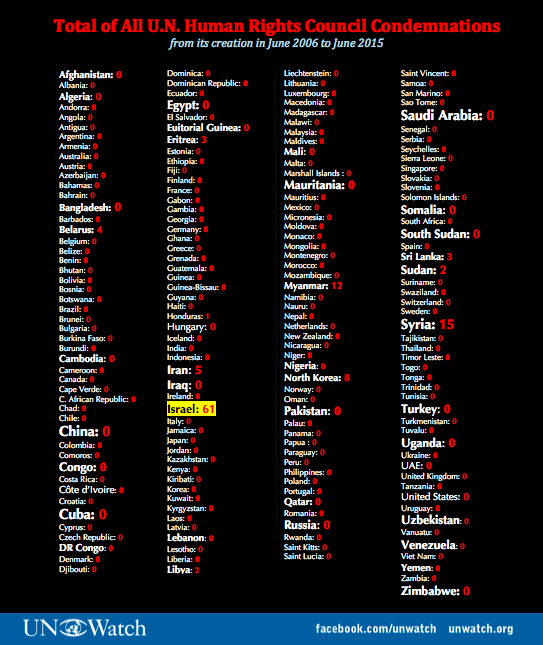Only two withdrawals have resulted in, or from, peace agreements: The 1979 withdrawal from Sinai was the result of a treaty with Egypt and the 2005 treaty with Jordan was the result of a partial withdrawal from the West Bank (in reality it was more of a ceding of control) resulting from the Oslo agreement.
Only once did Israel withdraw for very clear reasons of international pressure; In 1956 when it occupied both Sinai and Gaza. Most other withdrawals are the result of internal Israeli dynamics and/or military conflict, though international pressure may have play some role.
The key finding is that only if withdrawals were preceded by a peace treaty did they lead to (some kind of) peace. The imposed 1956 withdrawal actually made the situation more volatile: Nasser misinterpreted it as proof of his power leading him to overplay his hand in 1967.
If the objective of "BDS" (supporters of sanctions against Israel) is a forced Israeli withdrawal than that will mostly likely not lead to "peace". Of course what BDS mean by peace is ambiguous: The extermination of Israel could be said to be a form of peace.
The Israeli withdrawal from Gaza has, arguably, not improved conditions there and it seems safe to assume that unilateral withdrawal from the West Bank would lead to exacerbated conflict.
Can you force Israel to talk to the Palestinians and then force the talks to lead to an agreement?
Pressure only on Israel would give the Palestinians an incentive to stiffen their conditions and could make agreement harder. BDS have never pressured the Palestinians (or condemned their anti-Semitism), which is one of the many reasons that BDS lacks credibility.
In 1938 the British forced Palestinian Arabs and Jews to negotiate in London. The Arabs refused even to use the same door as the Jews and would not sit in the same room. No agreement was reached, so the British imposed one of their own: The 1938 White Paper. It's hard to say how much the White Paper changed the future, except that it did make the Holocaust much worse.
Territory
|
Total Area in square kilometers
|
Date of Occupation
|
Date of Withdrawal
|
Cause of withdrawal
|
Did it lead to a peace treaty?
|
Sinai
|
60,000
|
1956
|
1956
|
US & USSR demands
|
No
|
Gaza
|
360
|
1956
|
1956
|
US & USSR demands
|
No
|
Sinai
|
60,000
|
1967
|
1979
|
Peace treaty with Egypt
|
Yes
|
Gaza
|
360
|
1967
|
2005
|
Israeli internal pressures / Hamas attacks
|
No
|
Golan Heights
|
1,800
|
1967
| N-A | ||
West Bank
|
5,640
|
1967
|
1993 Ceded control of 20%
Shared control of another 20%
|
Treaty with PLO
|
Yes (but with Jordan)
|
South Lebanon
|
2,000 (estimate)
|
1978
|
1978
|
UN Security Council demand
|
No
|
South Lebanon
|
2,000 (estimate)
|
1982 (included brief occupation of Beirut)
|
2000
|
Israeli internal pressures / Hezbollah attacks
|
No
|




